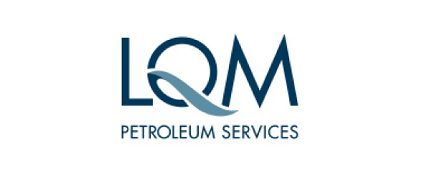Opinion
LQM call for financial incentives to aid decarbonisation push
With almost the entire global fleet still running on fossil fuels tough calls need to be made.In LQM’s recent webinar – Analysing Future Fuels: The Road to Decarbonisation – whilst 71 percent of respondents strongly agreed that shipping must accelerate decarbonisation, as part of international efforts across all industries to reduce green house gas emissions, just 20 per cent of guests indicated there are currently enough financial incentives to decarbonise.
Future fuels will become the hot maritime topic in 2021 as the clock ticks on reducing carbon intensity by 40 per cent. The need to comply with IMO 2030 will soon loom large for ship owners.
LQM chief executive Daniel Rose, explained:
“99.2 per cent of vessels on the water are fossil-fuel based and there is currently no silver bullet or financial incentive. But what’s fascinating is the desire for change is clearly there.
“Does shipping realistically have a chance to reach the 2030 milestone? The answer is probably yes, but the path is not straight forward.
“IMO 2030 compliance can probably be achieved by using a combination of operational efficiency improvements, greener fuels – especially LNG and Biofuels. Policy will play a major role as well, but unfortunately this is likely to be based around punitive measures, instead of genuine financial incentives for the actors in the shipping sector looking to decarbonise.
“Post-2030, Ammonia and Hydrogen are probably viable solutions, albeit with different pros and cons. Regardless, the results of our recent survey make it quite clear that the economics need to shift for widespread future fuel adoption.
“At LQM we’re totally focused on helping the industry with the practical implications of compliance by 2030.”
You can watch the full webinar and subscribe to others here.
